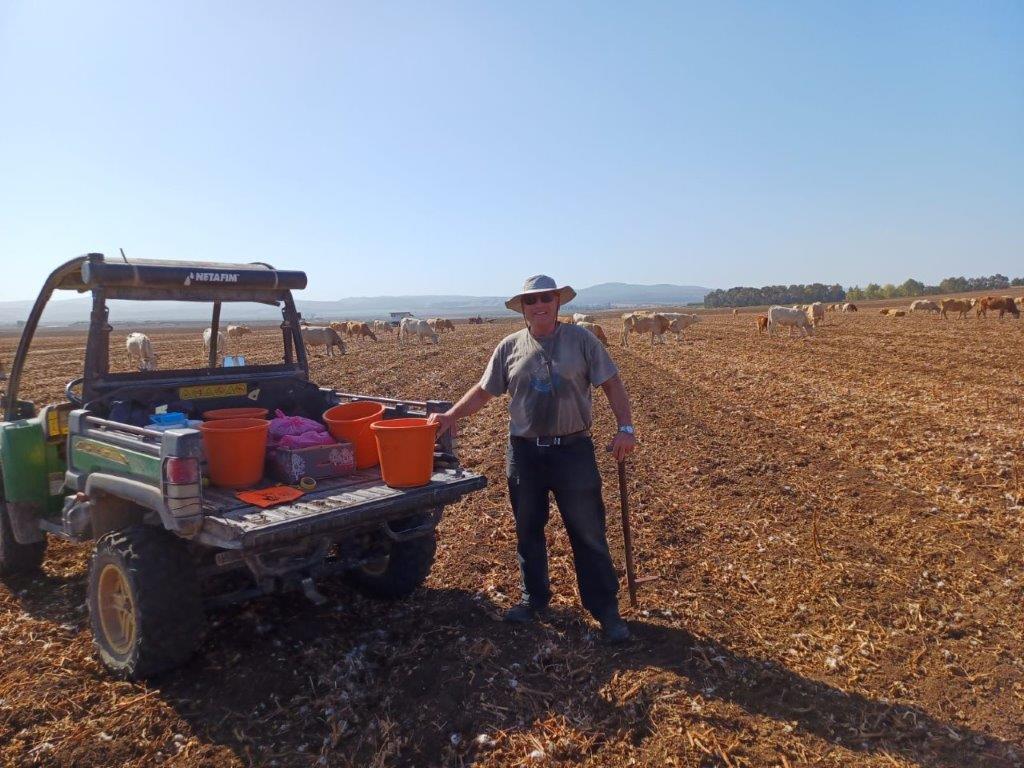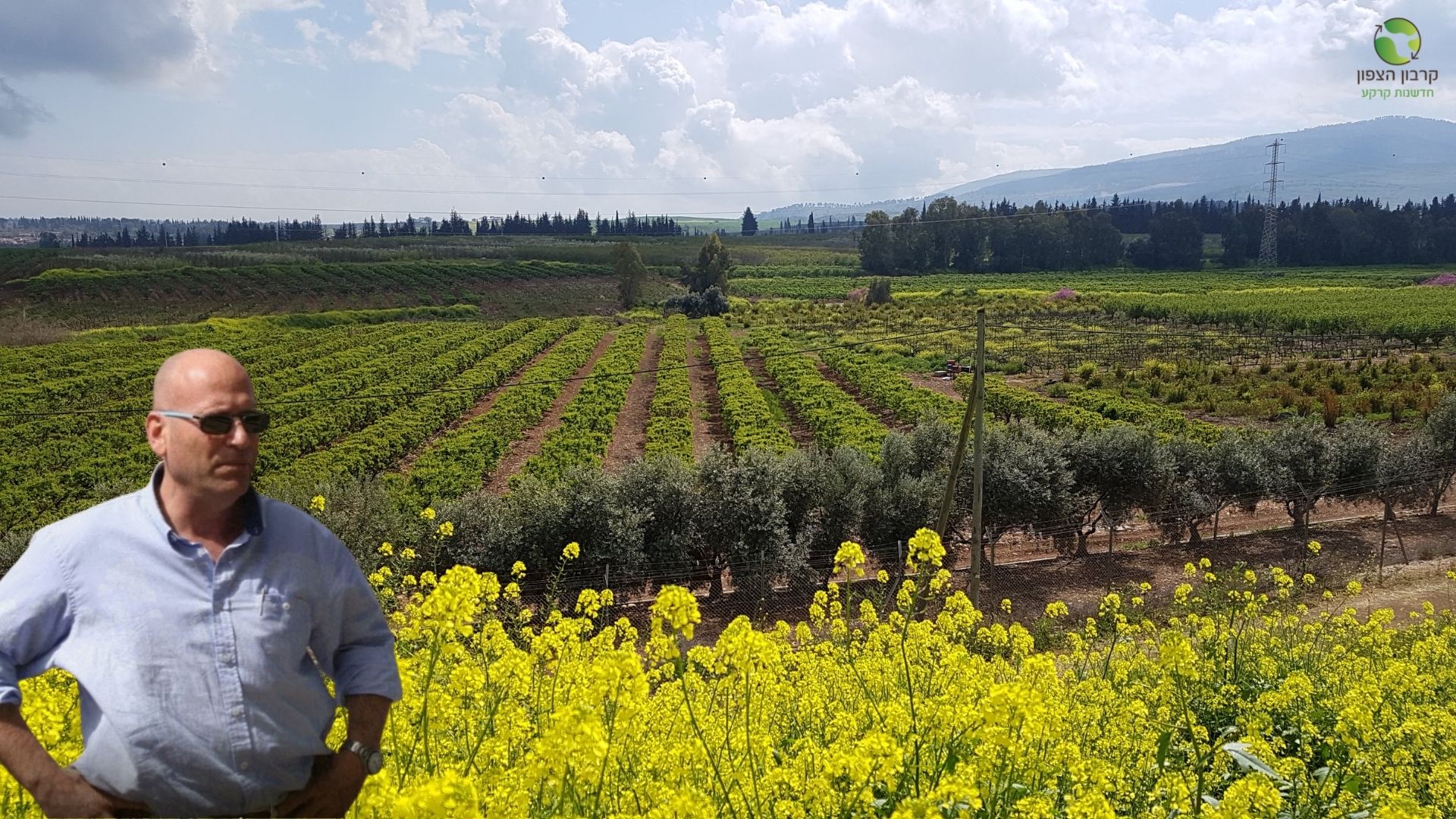Yes, “Regenerative Agriculture” makes sense. But is it profitable? How does it compare to conventional agriculture?
The answer is not as straightforward as one might think because it’s important to understand that each field, farm, or estate is unique. The context varies greatly, so the answer is “it depends.”
What are the additional costs associated with regenerative agriculture compared to conventional farming?
• Cost of seeds and planting of “service crops”
• Purchase or rental of new mechanized equipment
• Net cost of adding new crops to the annual crop rotation
• Risk of new work methods that are not always insurable
• Risk of reduced yields and profits in the initial years Costs of finding new markets Social and business costs of “doing something different”

What is the potential for net positive, long-term profits from regenerative agriculture methods?
• Less fuel usage due to fewer passes over the field
• Fewer inputs after several seasons (fertilizers, herbicides, pesticides)
• Increase in soil organic matter, about 50% of which is carbon drawn from the atmosphere
• Increase in the biological availability of nutrients
• Increase in water infiltration and retention capacity
• Decrease in soil erosion from water and wind
• Potential increase in premium price for crop yield
• Sales of carbon credits and/or other environmental services
• Decrease in input costs
• Increase in asset value (more fertile soil)
So, the answer is “it depends.” One thing is clear: proper soil management and cultivation have long-term, substantial positive economic impacts on the profitability of farms and estates. However, the path to achieving this may be challenging. The transition period can involve trial and error with risks and uncertainties, which must be mitigated and managed by all available means to ensure resilience and survival on the way to economic stability.








